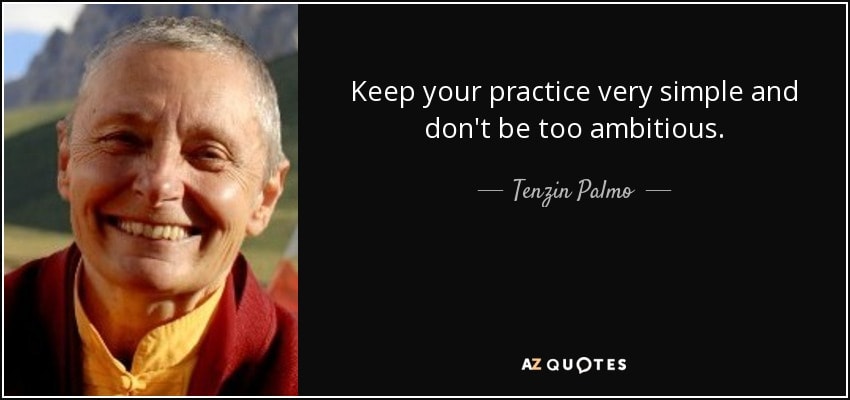
Today, I wanted to take the opportunity to address young, enthusiastic entrepreneurs. This is a lesson I learnt from my life experiences the hard way, and I am always generous with such advice because I hope my mentees and students will learn from my mistakes. You can read many such stories from my life in my book, “Entrepreneurship: The Mega Opportunity”.
However, this post may be more apt for first-time entrepreneurs and qualified professional entrepreneurs who have resigned from their cushy jobs to enter the business world. There is a tendency among such enthusiastic newbies to get into a vicious trap because they are so purely driven by their ambition to grow fast and become rich overnight. Although ambition is not a bad thing, over-ambition can prove costly!
What do I mean? When novice entrepreneurs begin their journey, they borrow heavily out of sheer enthusiasm to take advantage of the higher financial leverage and consequent quick growth. Such youngsters most often land in trouble!
What happens is that, apart from paying higher interest on their huge borrowings, such entrepreneurs also spend lavishly spend on swanky offices, cars, overstaffing, advertising, promotion, and other items. Although, there is no harm in building up all such expenses if these are in accordance with the original business plan and can be absorbed in the projected cost of production.
But you can imagine how most of the time, many such expenses are not justifiable when you look at their original business plan, but then these are done because of lifestyle reasons or the ego of the main promoter/ entrepreneur.
Expenses which result in improvement of the value chain can offer a competitive advantage to the firm and result in an improved bottom line through higher value addition should be welcome. However, one must exercise adequate caution against random and unplanned (at times arising from the entrepreneur’s whims and fancies) expenses that only erode the bottom line.
In short, my advice is: “Ambition is good but then do not overdo it.”
But the monk Tenzin Palmo put it more succinctly:

